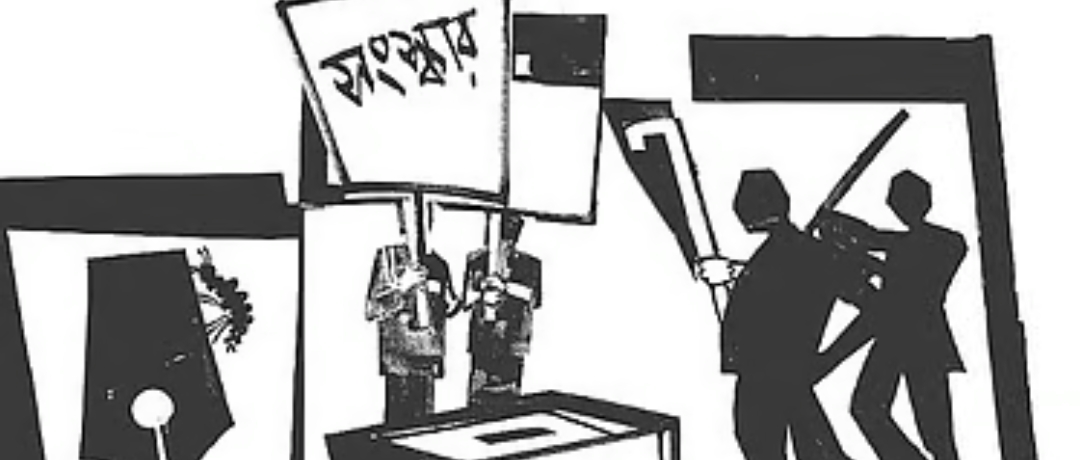Desk Report,
What needs to be done now regarding elections and reforms
The London meeting between Chief Advisor Professor Muhammad Yunus and BNP Acting Chairman Tarique Rahman has temporarily ended the ongoing crisis between the interim government and the main political parties, especially the BNP, over the recent elections in Bangladesh.
What needs to be done now regarding elections and reforms
Although the interim government had announced the possible date for the elections in the first half of April, it has now been possible to reach a consensus through this London meeting that the elections will now be held in early February.
Now, in addition to preparing for the elections, the interim government will continue their promised work on the July massacre trial and minimum reforms—that is the expectation expressed by Chief Advisor Professor Muhammad Yunus. Visible success in this regard will also be considered a success for the interim government.
In this situation, it is important to formulate a detailed outline on reforms, the July massacre trial, and the elections. Because if elections have to be held in February, there is not much time. Therefore, the right plan can bring success in these three areas: the July massacre trial, elections through minimum reforms.
We know that the indiscriminate killings that took place in July 2024 and the trial of the authoritarian state system of the past are ongoing. With this ongoing process, it is necessary to arrange an action plan on the government’s reforms on a priority basis. Among these, we need to see which reforms are very urgent and need to be implemented before the elections. Those reforms need to be identified. Because going into the election process without minimum reforms will also remain a big question.
These can only be implemented if agreement can be reached through the ongoing dialogue with the political parties and their commitments are obtained. We get an indication of that consensus through the London meeting of Muhammad Yunus and Tarique Rahman. In the current reality, it is not impossible to transform this into a greater consensus.
The main priority now should be to engage in a very urgent dialogue with the political parties and stakeholders to identify pre-election reforms.




